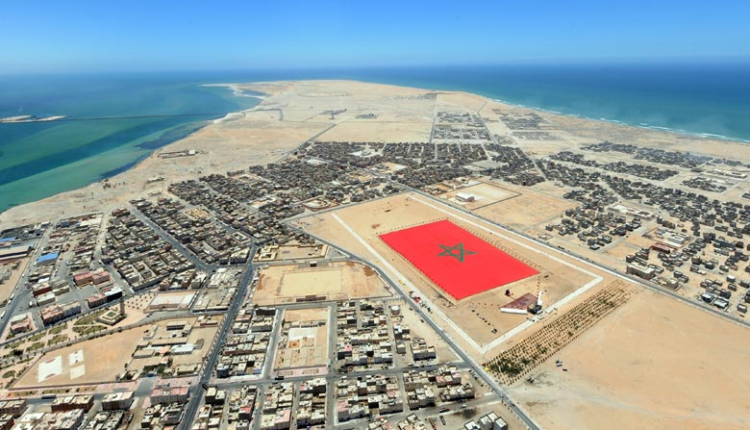Dr. Alan Howard, Emeritus Professor of Anthropology at the American University of Hawaii, stressed that the Moroccan Autonomy Initiative gives a list of clearly defined competencies designated to the Sahara autonomous zone, allowing the residents of the Sahara zone to handle their own affairs.
The expert stated that “the Moroccan Initiative presents a well-defined list of competences assigned to the Sahara autonomous region, allowing the population of the Sahara Region to manage their own affairs and respond to their own needs and aspirations, while respecting their cultural identity” at an international online research seminar on territorial autonomy held by Morocco’s Permanent Mission at the United Nations in New York.
Howard compared the Moroccan Sahara Autonomous Region Initiative to Rotuma’s model of autonomy (Oceania), noting that the latter has received support from UN Security Council members who view it as “a serious, credible, and pragmatic solution to put a definitive end to the regional dispute over the Moroccan Sahara.”
In contrast to the Rotuma Bills of 1959 and 2015, he added, Article 5 of the Morocco Initiative clearly announces a large set of powers, guarantees, and privileges that will be granted to the population of the Sahara Region in order for them to play a leading role in the bodies and institutions of the region. He also noted that Articles 12 and 13 present the broad range of areas over which the institutions of the Sahara Region will exercise powers and define the financial framework for the Sahara Region.
Howard noted that the Moroccan model acknowledges the distinctiveness of Sahrawi populations and commits to giving them the opportunity to manage their own affairs, which is a clear distinction between the two cases in terms of the recognition of ethnic populations as politically relevant groups.
He went on to say that the Moroccan Initiative for the Sahara Region is founded on the mutual acceptance of both Morocco’s sovereignty over the Sahara region and the full autonomy of that region, pointing out that Articles 5 and 6 of the initiative stipulate that the Sahara populations will independently manage their own affairs democratically, through legislative, executive, and judicial bodies with exclusive powers.
The State will maintain its powers in the royal domains, particularly with regard to defense, external relations, and HM the King’s constitutional and religious prerogatives, he said. They will also have the financial resources required for the region’s development in all fields and will actively participate in the nation’s economic, social, and cultural life.
He added that once the autonomy status is established, the Sahrawi populations will not only be represented in their regional parliament and government but also in the national parliament and all national institutions, as the Moroccan Initiative supports an essential process of negotiation and reconciliation that will result in a lasting agreement based on principles of autonomy.
The numerous presenters at this conference discussed the different forms of autonomy found around the world. They emphasized the significance of encouraging frequent meetings with a view to enhancing and extending the various autonomous models around the world in order to adapt them to the requirements and aspirations of regional communities.


